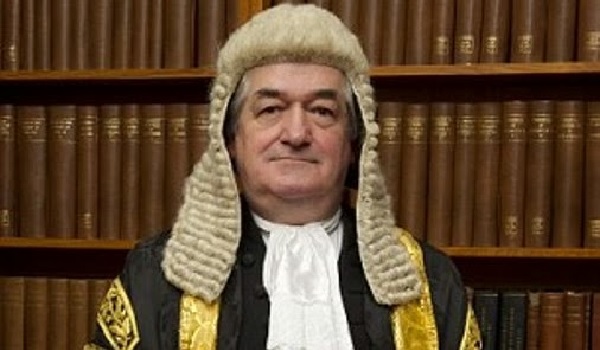Senior judge criticises number of children in criminal courts
The Crown Prosecution Service (CPS) should change its charging policy for children so fewer end up in criminal courts, the most senior family judge in England and Wales has argued.
The Crown Prosecution Service (CPS) should change its charging policy for children so fewer end up in criminal courts, the most senior family judge in England and Wales has argued. President of the Family Division of the High Court Sir James Munby said the CPS needed to reconsider existing prosecuting policy in relation to children. He also suggested the family court should be given an enhanced jurisdiction to allow it to deal with cases currently dealt with by youth courts. Speaking at the Howard League for Penal Reform, he added: “I do not, of course, go so far as to suggest that age alone should immunise children from the appropriate application of the criminal law where there has been really serious offending. “However, in less serious cases it is legitimate to ask what advantage there is, either to the child, or to the childs family, or, indeed, to society at large, in invoking a criminal process in preference to a family court process, especially where the family court is already engaged in careful analysis of and planning for the childs future.” A CPS spokesperson said: A decision to prosecute a youth is only made if there is sufficient evidence and it is in the public interest to do so. The code for crown prosecutors directs prosecutors to consider the welfare of the child when looking at whether or not to charge including if diversion would be beneficial. There is a strong presumption in favour of diverting children from the criminal justice system and the number of youth prosecutions has fallen by more than 80 per cent in last ten years. Factors such as age and maturity, seriousness of the offence, previous offending, and mental health are taken into account.” Sir James also criticised how families struggle for assistance because “responsibility is spread across too many agencies and too many budgets,” and too many Government departments have responsibility for dealing with various aspects of a case. “Even when this system if that is a remotely appropriate word is working with well-oiled efficiency, it is rarely capable of speaking speedily or with a single voice, let alone decisively and effectively,” he said.


